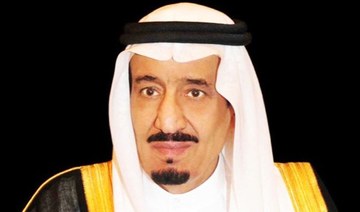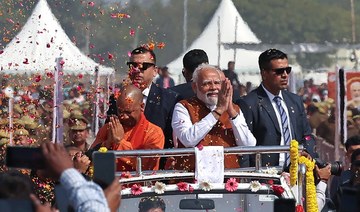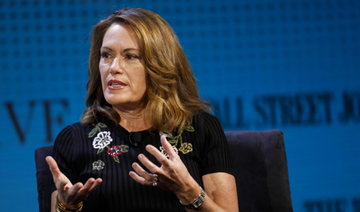The social media platform marked the annual event through gifts and a contest. Twitter Middle East and North Africa asked its audiences to share their plans for celebrating #SaudiNationalDay and some responders won customized gifts from the brand.
Twitter also created an emoji of the Saudi flag that was triggered whenever the hashtags #SaudiNationalDay, #SaudiNationalDay2021, and #SaudiNationalDay91 were tweeted throughout September.
A dedicated events page in Arabic and English, providing platform users with real-time updates on activities, was also launched.
Snapchat
Snap launched a first-of-its-kind activation in the region using augmented reality to mark the 91st Saudi National Day. The activation saw the Snap Map of Saudi Arabia appearing in bright green to represent the national flag and the Kingdom highlighted from other countries, the first time Snap had ever recolored a Middle East territory on the map.
It also marked cultural and heritage sites — such as AlUla, Tabuk Castle, Alkhobar Water Tower, Rijal Almaa, Masmak Fort, and Nassif House — on the map allowing users to explore the Kingdom.
The markers for the sites included a Face Lens experience, whereby Snapchatters in Saudi Arabia found themselves on a virtual balcony with all of the national landmarks behind them.
Additionally, a series of customized Actionmojis, exclusive to Snapchatters in the Kingdom, were unveiled for a limited time on National Day only.
Professional networking platform LinkedIn chose the day to release its inaugural 2021 LinkedIn Top Startups list, identifying the top 10 startups in Saudi Arabia.
Based on data from the company and compiled by the LinkedIn news team, the Top Startups list globally is an annual ranking of emerging new businesses to watch out for and work for.
The list for Saudi Arabia highlights the Kingdom’s up-and-coming ventures through a four-pillar methodology measuring employment growth, engagement, job interest, and talent attraction. It showcases startups that are successfully navigating the evolution of consumer and business needs in the post-coronavirus disease (COVID-19) pandemic landscape. The full list and more details can be found here.
Spotify
Music and podcast streaming platform Spotify celebrated the occasion through music by releasing a special playlist titled “Ana El Saudi.”
It brought together some of the finest male and female voices to pay homage to Saudis through a rich selection of 94 patriotic songs. The tracks are considered a treasure among Saudi nationals and include Fahad Bin Fasla’s “Haza El Saudi Foq,” and Mashael’s “Sawb Alriyadh.”
OSN
OSN marked the day by revealing the most-watched content in the Kingdom. The list included new additions such as “Loki” and “Mare of Easttown,” as well as old favorites such as “Succession,” “Game of Thrones,” and “Westworld.”
OSN’s latest Original production series, “Al Shifra,” and “No Activity,” also made the cut.

























